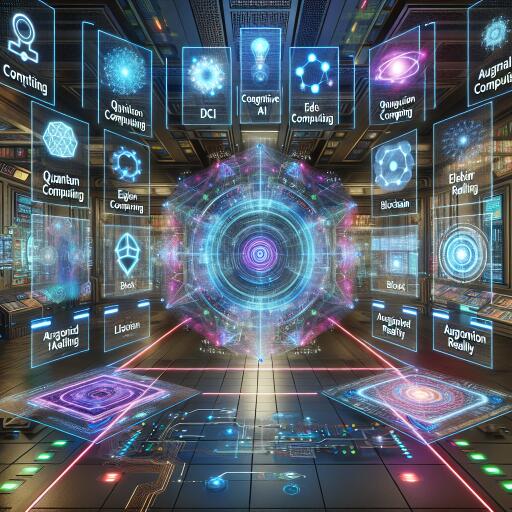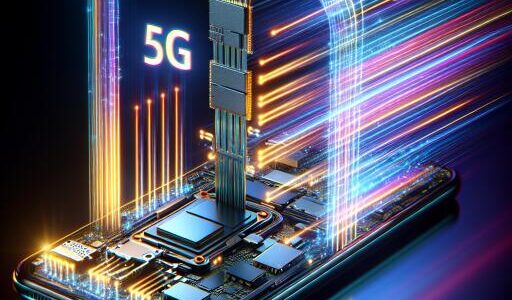“Shaping the Future: Exploring the Top Tech Trends for 2025”
The year 2025 is poised to witness groundbreaking shifts in technology, spanning multiple sectors from artificial intelligence to human-machine collaboration. One of the most compelling areas to watch is the domain of autonomous systems, set to revolutionize workplace decision-making and productivity.
Agentic AI: Toward Autonomous Workforces
Agentic AI, characterized by systems that autonomously plan and execute tasks based on pre-set goals, stands at the forefront of change. By 2028, these systems are expected to autonomously drive 15% of daily business decisions, signaling a monumental leap from almost negligible usage today. The adaptability and efficiency of agentic AI promise to reshape organizational productivity and further inspire innovation across industries.
AI Governance: Building Trust and Transparency
As AI technologies advance, so too must the frameworks that govern them. AI governance platforms are becoming integral in managing the ethical and operational use of AI, ensuring transparency, and maintaining public trust. By 2028, entities that employ comprehensive AI governance mechanisms could see a 40% decrease in ethical incidents related to AI, underscoring the importance of responsible tech deployment.
Defending Against Disinformation
Disinformation poses a growing threat to enterprises worldwide. Technologies addressing disinformation are expected to see a significant rise in adoption, with 50% of companies incorporating them by 2028. These systems promise to enhance the reliability of information by verifying authenticity and preventing harmful content dissemination.
Securing the Future with Post-Quantum Cryptography
With quantum computing on the rise, traditional cryptographic methods are at risk. Post-quantum cryptography is emerging as a key line of defense, providing robust data protection against the decryption capabilities of future quantum computers. This strategy is essential as advancements are predicted to make current cryptographic practices obsolete by 2029.
The Advent of Ambient Intelligence
Leveraging affordable and miniaturized smart sensors, ambient invisible intelligence is set to seamlessly integrate into daily life. Initially, its applications will address immediate logistical challenges, such as inventory management and supply chain efficiencies, by offering real-time tracking and sensing.
Pioneering Eco-Friendlier Computing
The environmental impact of computing is under scrutiny, with energy-efficient technologies emerging as a priority. Processes that typically demand high energy – like AI training and media rendering – can benefit from new technologies using less power, expected to become prevalent toward the late 2020s.
Exploring Hybrid Computing Models
Hybrid computing combines diverse computational paradigms, including neuromorphic and optical computing, to solve complex problems more efficiently. This evolution supports breakthroughs in AI and beyond the current technological limitations, fostering transformative innovation environments.
Enhancing Realities with Spatial Computing
Spatial computing is merging digital and physical worlds through augmented and virtual reality, revamping how organizations operate. This technology is forecasted to grow significantly, impacting workflows and collaboration to boost productivity and innovation by 2033.
The Rise of Polyfunctional Robotics
Polyfunctional robots are equipped to perform multiple tasks, superseding traditional task-specific machines. Their adaptability promotes rapid deployment and scalability, aligning with human interaction in work environments. It’s predicted that by 2030, these robots will become integral to daily human interactions.
Empowering Minds with Neurological Enhancements
Technological advances in neurological enhancement are set to boost cognitive skills through brain-machine interfaces. These innovations have the potential to revolutionize sectors such as workforce enhancement and marketing, with a projected significant reliance by 2030 as workers adapt to the AI-influenced landscape.
These emerging technologies not only open new possibilities for enterprise growth but also demand responsible and ethical approach to innovation. The next few years will be pivotal in navigating these opportunities to ensure a balanced and progressive future.









